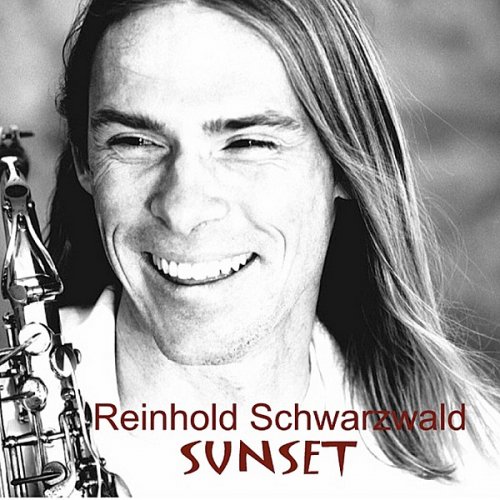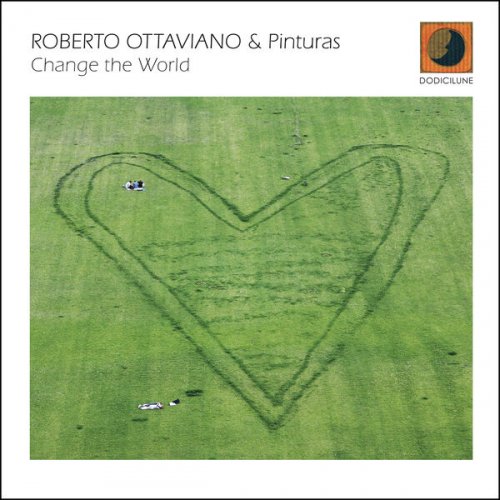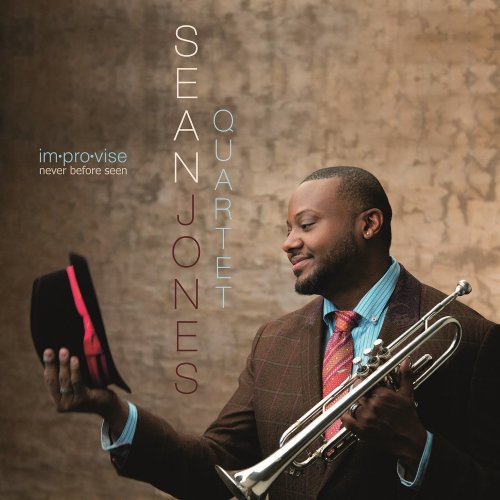Toad - B.U.F.O. (Blues United Fighting Organization) (Reissue) (1970/2003)
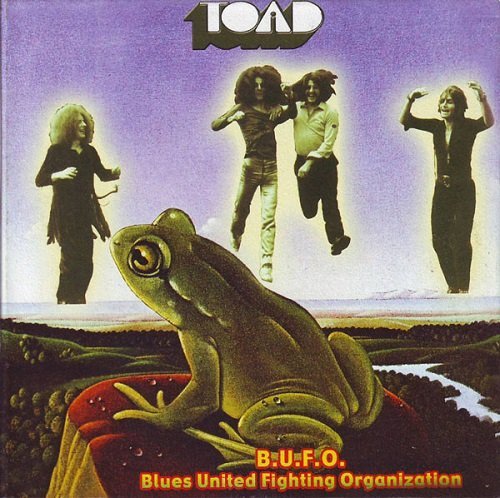
Artist: Toad
Title: B.U.F.O. (Blues United Fighting Organization)
Year Of Release: 1970/2003
Label: Akarma
Genre: Heavy Blues Rock, Prog Rock
Quality: Flac (tracks, .cue, log)
Total Time: 47:51
Total Size: 326 Mb (scans)
WebSite: Album Preview
Tracklist:Title: B.U.F.O. (Blues United Fighting Organization)
Year Of Release: 1970/2003
Label: Akarma
Genre: Heavy Blues Rock, Prog Rock
Quality: Flac (tracks, .cue, log)
Total Time: 47:51
Total Size: 326 Mb (scans)
WebSite: Album Preview
1. Pig's Walk (Alternate Version) 4:23
2. Pig's Walk - Reprise (Alternate Version) 3:11
3. Animal's World (Alternate Version) 3:40
4. Animal's World (Alternate Version) 5:07
5. No Time 4:36
6. Walking In The Moonlight 2:18
7. Dream Girl 5:18
8. A Life That Ain't Worth Livin' 4:08
9. Tank 4:50
10. Feelin' Alright 6:15
11. Lone Wolf Rocks 4:11
Line-up:
Benjamin "Beni" Jaeger (vocals)
Vittorio "Vic" Vergeat (guitar, vocals, piano)
Werner Fröhlich (bass, vocals)
Cosimo Lampis (drums, percussion, vocals)
In the early 70's the young French Prog scenario was full of competent bands that were being listened in and outside their country, and while most of them ascribed to the "French Theatric Symphonic", early PULSAR decided to re-create the sound of PINK FLOYD with that unique Gaulish sound with a lineup of competent musicians formed by Jacques Roman (organ, piano, synth), Victor Bosch (drums, percussion), Gilbert Gandil (guitar, vocals) and Philippe Roman (bass), but something was missing so they recruited the flutist and string musician Roland Richard.
Their 1974 debut "Polen", was acclaimed by most critics (despite the economic failure in the UK), who saw them as a breeze of fresh air, because they didn't limit themselves to copy a style, but added some Symphonic touches that gave them a special flavor.
But the big change (that justifies their inclusion in Symphonic) starts with their second release "The Strands of the Future" (1976) in which they turn into a quartet after Phillippe Roman left, leaving his brother Jaques in charge of the bass and keys. This new album presents us a new sound clearly influenced by iconic bands as YES and GENESIS with hints of Space Rock and a horror twist, that gained them respect in the elusive Great Britain.
With the inclusion of a new bass player (Michel Masson), PULSAR releases their third album "Halloween" (1977), which is considered by most of the fans af the peak of their career. The LP consists of two multi-movement suites, in which their fascination for Symphonic keeps growing, specially in "Halloween Part II) that reminds me of "Voyage of the Acolyte", with hints of Gustav Mahler, PINK FLOYD and the unique touch of PULSAR.
Normally I have a lot of problems with French albums due to the guttural language, but the guys of PULSAR manage to release an album in English with almost no accent. In my opinion "Halloween" is one of the top 10 albums from the Gauls.
From that point the band takes more time between albums and with less success, that's how they launch "Bienvenue au Conseil d'Administration" (1981) and Görlitz (1989), which are still good but not in the level of their initial three LP's.
Since then, everybody believed they would never give us a new album, PULSAR surprised the world with "Memory Ashes" (2007) featuring Gilbert Gandil, Jacques Roman, Victor Bosch and - Roland Richard, probably their best post "Halloween" album.
¿What's in the future of PULSAR? Only God knows, but don't be surprised if you find a new CD in the record stores in the next years.
Their 1974 debut "Polen", was acclaimed by most critics (despite the economic failure in the UK), who saw them as a breeze of fresh air, because they didn't limit themselves to copy a style, but added some Symphonic touches that gave them a special flavor.
But the big change (that justifies their inclusion in Symphonic) starts with their second release "The Strands of the Future" (1976) in which they turn into a quartet after Phillippe Roman left, leaving his brother Jaques in charge of the bass and keys. This new album presents us a new sound clearly influenced by iconic bands as YES and GENESIS with hints of Space Rock and a horror twist, that gained them respect in the elusive Great Britain.
With the inclusion of a new bass player (Michel Masson), PULSAR releases their third album "Halloween" (1977), which is considered by most of the fans af the peak of their career. The LP consists of two multi-movement suites, in which their fascination for Symphonic keeps growing, specially in "Halloween Part II) that reminds me of "Voyage of the Acolyte", with hints of Gustav Mahler, PINK FLOYD and the unique touch of PULSAR.
Normally I have a lot of problems with French albums due to the guttural language, but the guys of PULSAR manage to release an album in English with almost no accent. In my opinion "Halloween" is one of the top 10 albums from the Gauls.
From that point the band takes more time between albums and with less success, that's how they launch "Bienvenue au Conseil d'Administration" (1981) and Görlitz (1989), which are still good but not in the level of their initial three LP's.
Since then, everybody believed they would never give us a new album, PULSAR surprised the world with "Memory Ashes" (2007) featuring Gilbert Gandil, Jacques Roman, Victor Bosch and - Roland Richard, probably their best post "Halloween" album.
¿What's in the future of PULSAR? Only God knows, but don't be surprised if you find a new CD in the record stores in the next years.
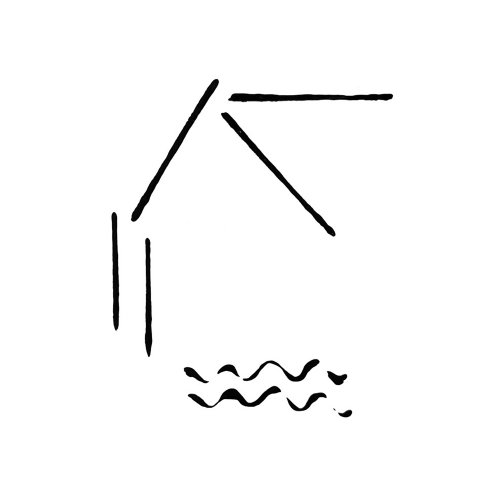
![Oscar Peterson - The Sound Of The Trio (1961) [Vinyl 24-96] Oscar Peterson - The Sound Of The Trio (1961) [Vinyl 24-96]](https://www.dibpic.com/uploads/posts/2020-04/1587651652_613i2fde8wl__ss500_.jpg)
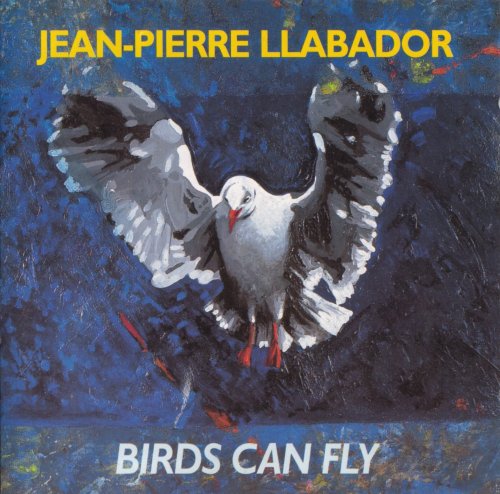
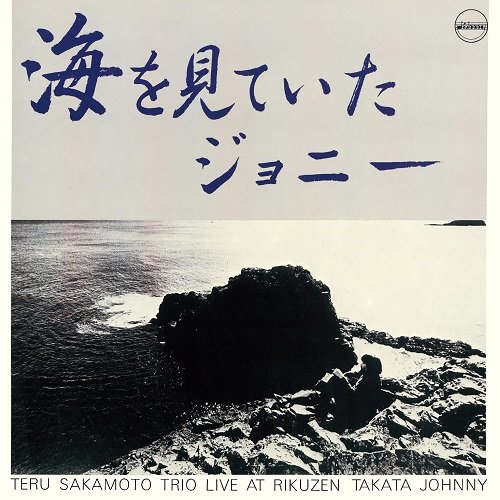
![FŒHN - Soleil de Minuit (2026) [Hi-Res] FŒHN - Soleil de Minuit (2026) [Hi-Res]](https://www.dibpic.com/uploads/posts/2026-02/1770357244_gm1m1pna2mo8k_600.jpg)
